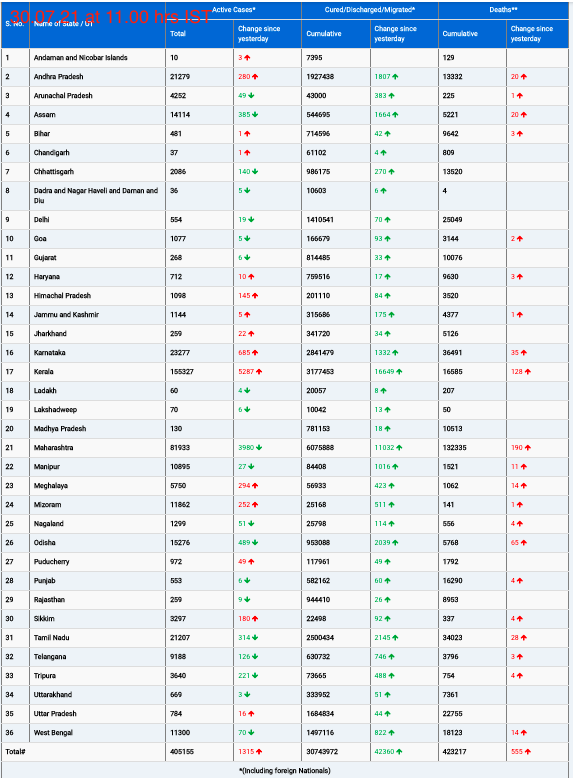Severe salt restriction offers no clinical benefit to heart failure patients, say experts
Investigators have reported that severe salt restriction, whether accompanied by fluid intake restrictions or not, does not provide clinical benefits to patients with heart failure. This conclusion stems from a comprehensive review of studies, suggesting that moderate sodium restriction is more practical and potentially beneficial for patients.
Dr. Paolo Raggi, from the University of Alberta in Edmonton, Canada, elaborated on the findings in a narrative review published online in the European Journal of Clinical Investigation. According to Raggi, “Patients are more likely to follow instructions that are not too draconian, and there is no evidence that severe sodium restriction saves lives or delays hospital admissions.”
Moderate Sodium Intake Recommended
The review suggests that a moderate daily intake of sodium (3.0-4.5 g) may enhance the quality of life and functional status of heart failure patients, even if it does not improve life expectancy or reduce hospitalization rates. These insights are partly informed by the SODIUM-HF study, a large, multicenter trial that found no reduction in the composite outcome of all-cause mortality, cardiovascular hospitalization, and cardiovascular-related emergency department visits due to sodium restriction. However, the study did note improvements in quality of life and New York Heart Association (NYHA) class.
Raggi noted that excessive fluid restriction — historically limited to 1-1.5 liters per day — also fails to reduce mortality or hospitalization rates and adds unnecessary strain on patients. “Clinicians need to get on board with this novel information,” he urged.
Examining the Evidence
For the review, researchers conducted a literature search focusing on heart failure, salt, sodium, and fluid intake. The identified trials, conducted from 2000 to 2021, involved populations ranging from 12 to 203 participants, including both inpatients and outpatients with varied ejection fractions. Sodium interventions in these trials ranged from extreme reductions (<800 mg/day) to more moderate approaches (2-3 g/day). None of the studies demonstrated a reduction in mortality or hospitalization rates, irrespective of the level of restriction.
The SODIUM-HF trial, which aimed for a sodium restriction target of 1.5 g/day, was terminated early due to the futility of the intervention and complications from the COVID-19 pandemic.
Personalized Approaches to Sodium Intake
Dr. Johanna Contreras, an advanced heart failure and transplant cardiologist at Mount Sinai Fuster Heart Hospital in New York City, emphasized the challenges in quantifying sodium restriction in large cohorts. She noted that many patients are unaware of the high sodium content in processed and precooked foods.
Heart failure has many etiologies and stages, so “one approach does not fit all,” Contreras said. For instance, patients with stage C heart failure are more likely to decompensate with sodium-rich diets, increasing water absorption and exacerbating symptoms. Similarly, patients with heart failure due to hypertension are particularly susceptible to high-sodium diets, which can elevate morbidity and mortality.
“It’s important to understand the kinds of patients we are referring to, how advanced they are, and what comorbidities they have,” Contreras explained. She also highlighted differences in sodium sensitivity among various races, ethnicities, and genders.
Practical Recommendations
The overall recommendation is for heart failure patients to aim for a moderate sodium intake. Patients with high sensitivity, multiple comorbidities, kidney disease, and certain demographic characteristics should exercise additional caution.
“Patients should aim to consume fresh fruits and vegetables and be aware of processed foods and adding salt at the table,” Contreras advised.
Conclusion
The debate on strict sodium restriction in heart failure continues, but the evidence now suggests that moderate sodium intake is more beneficial and practical for most patients. As Dr. Raggi concluded, “The time has come to close it,” urging clinicians to adopt this nuanced approach in their practice.













